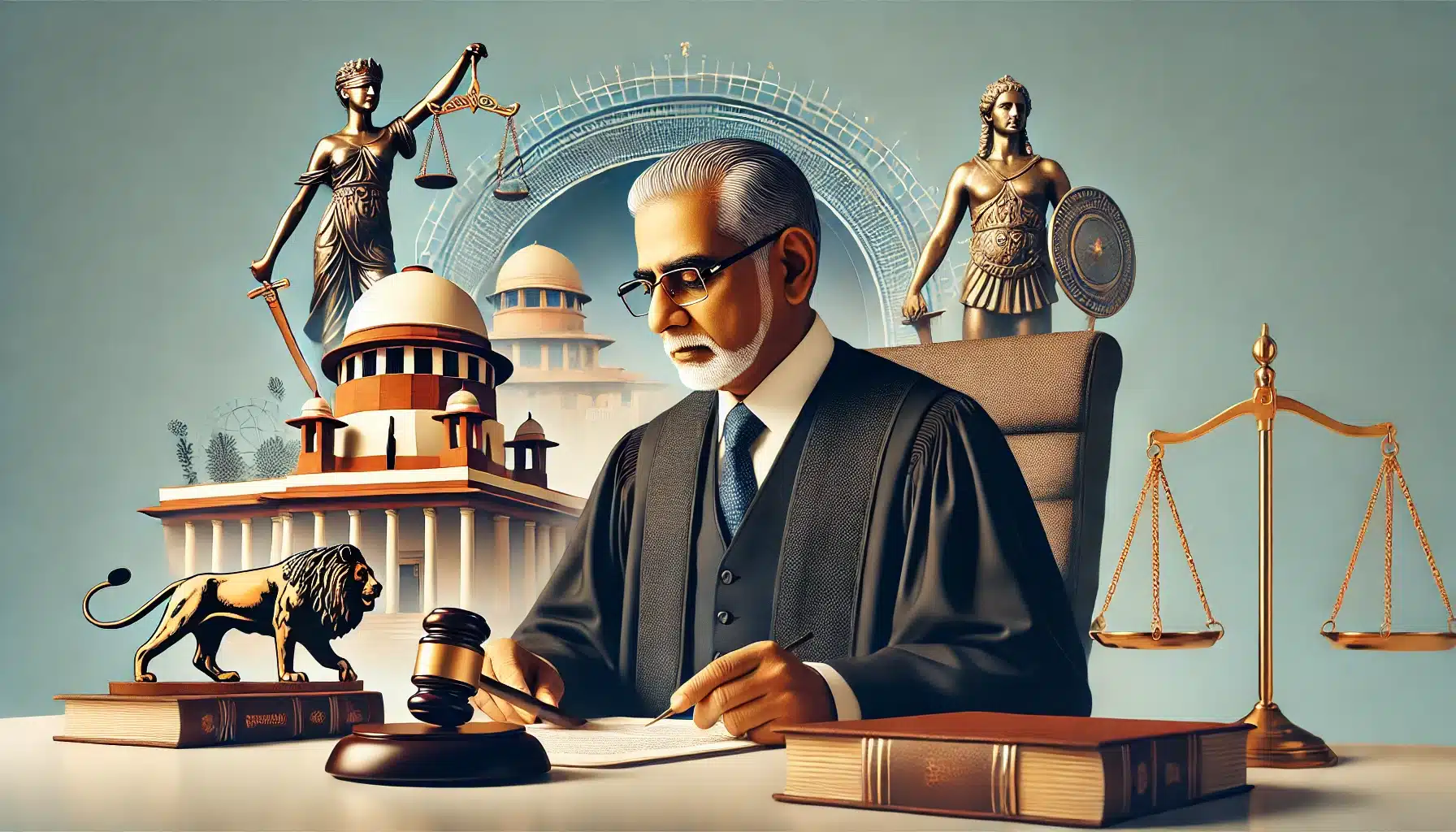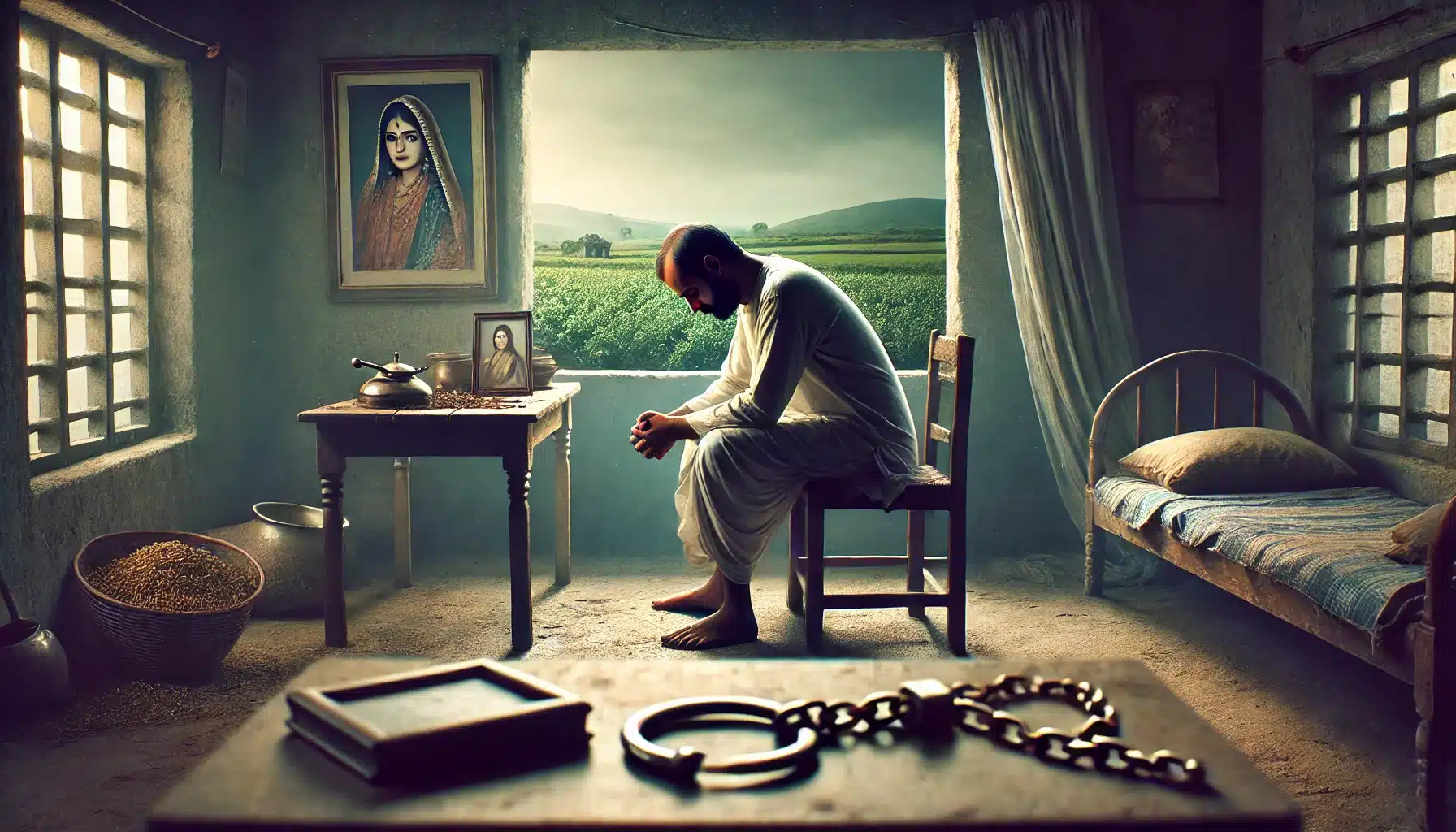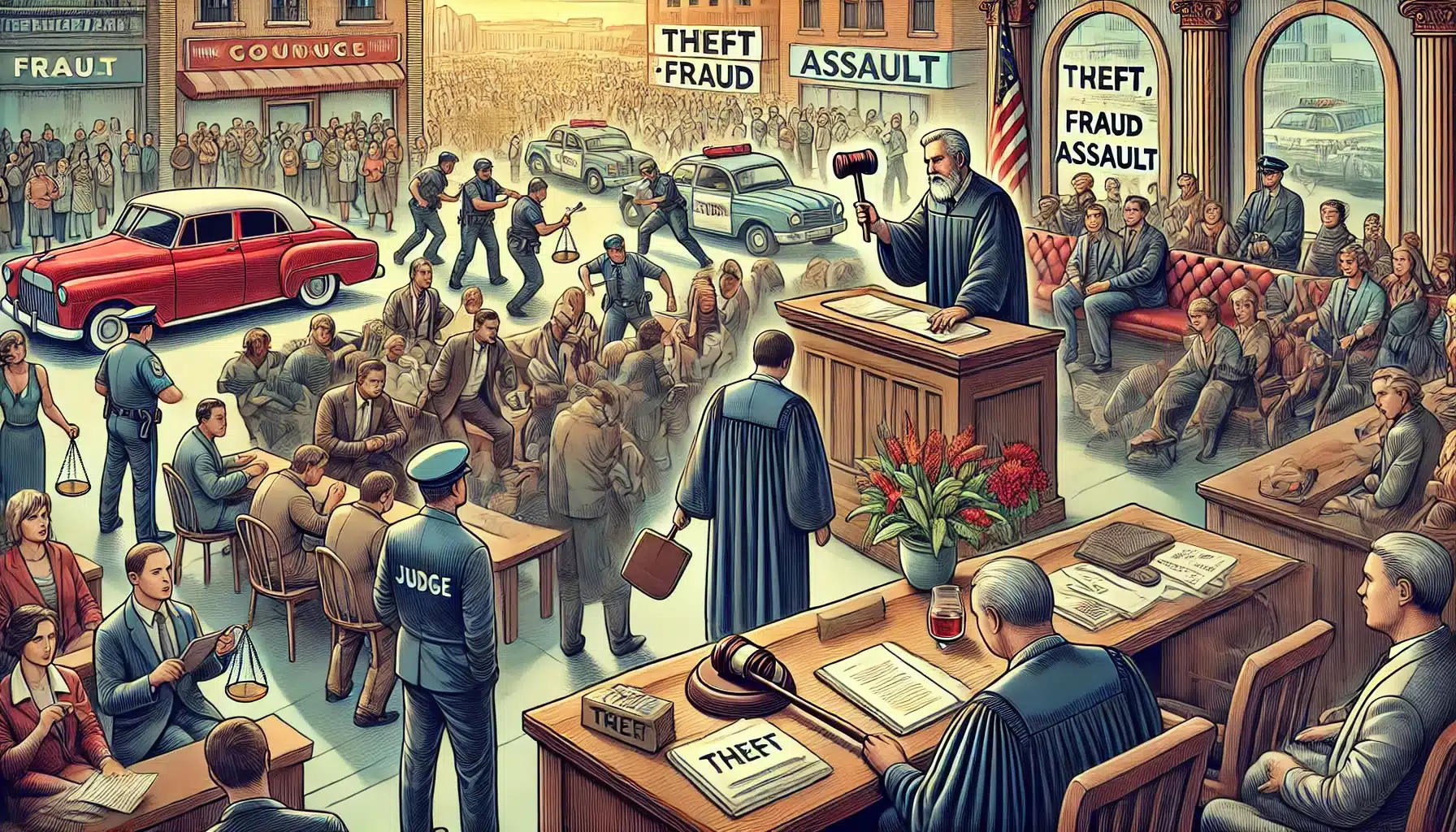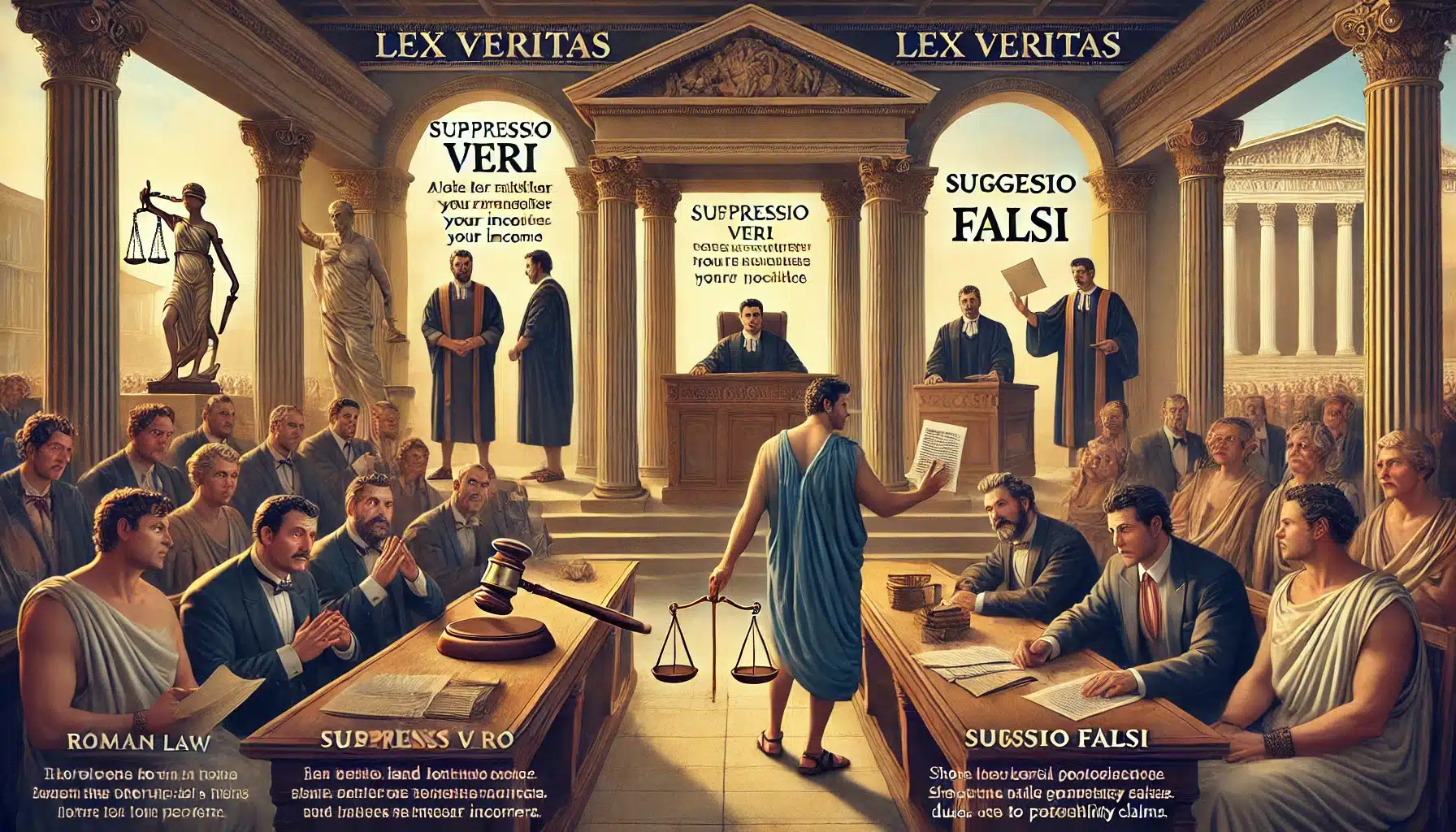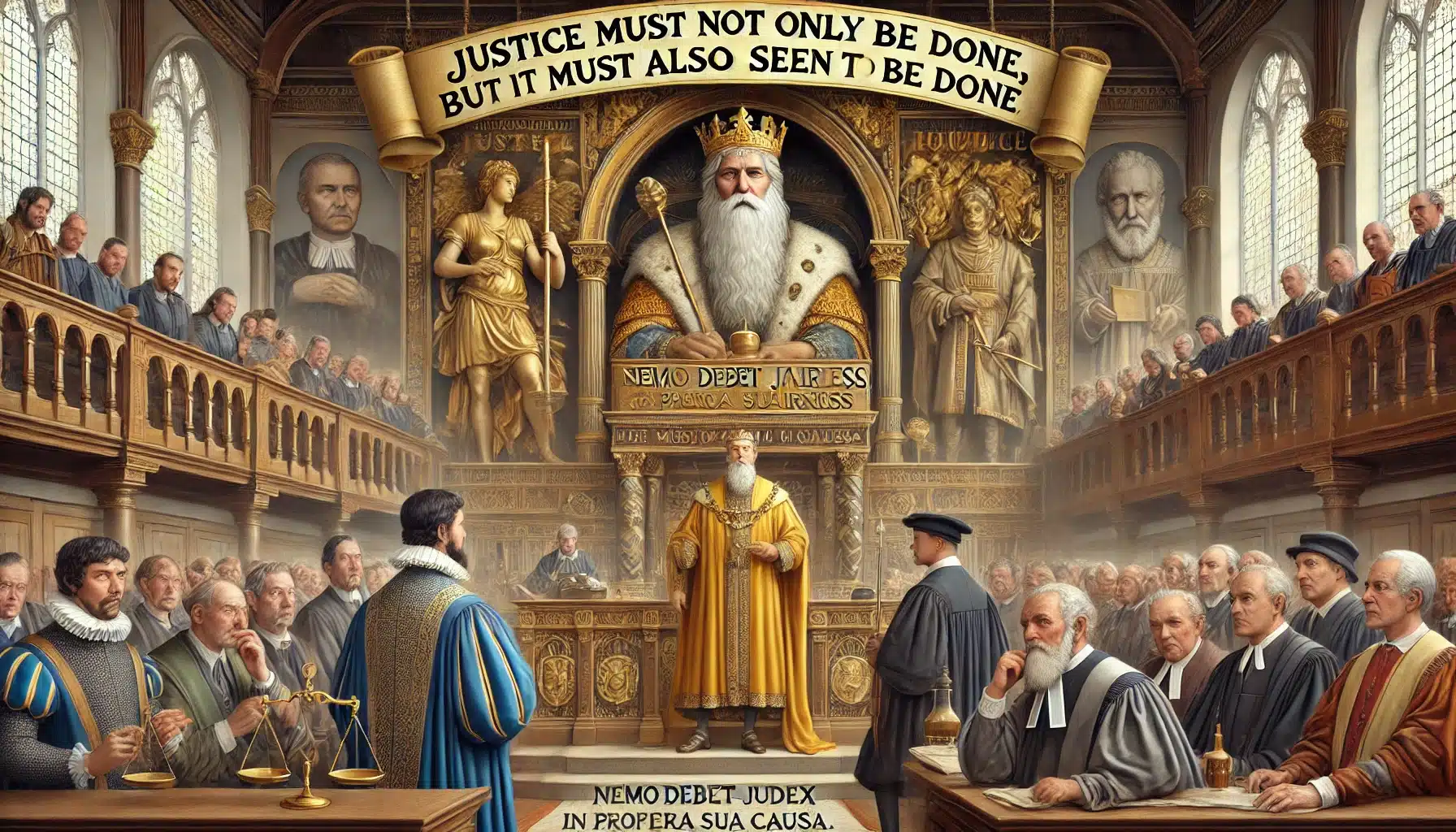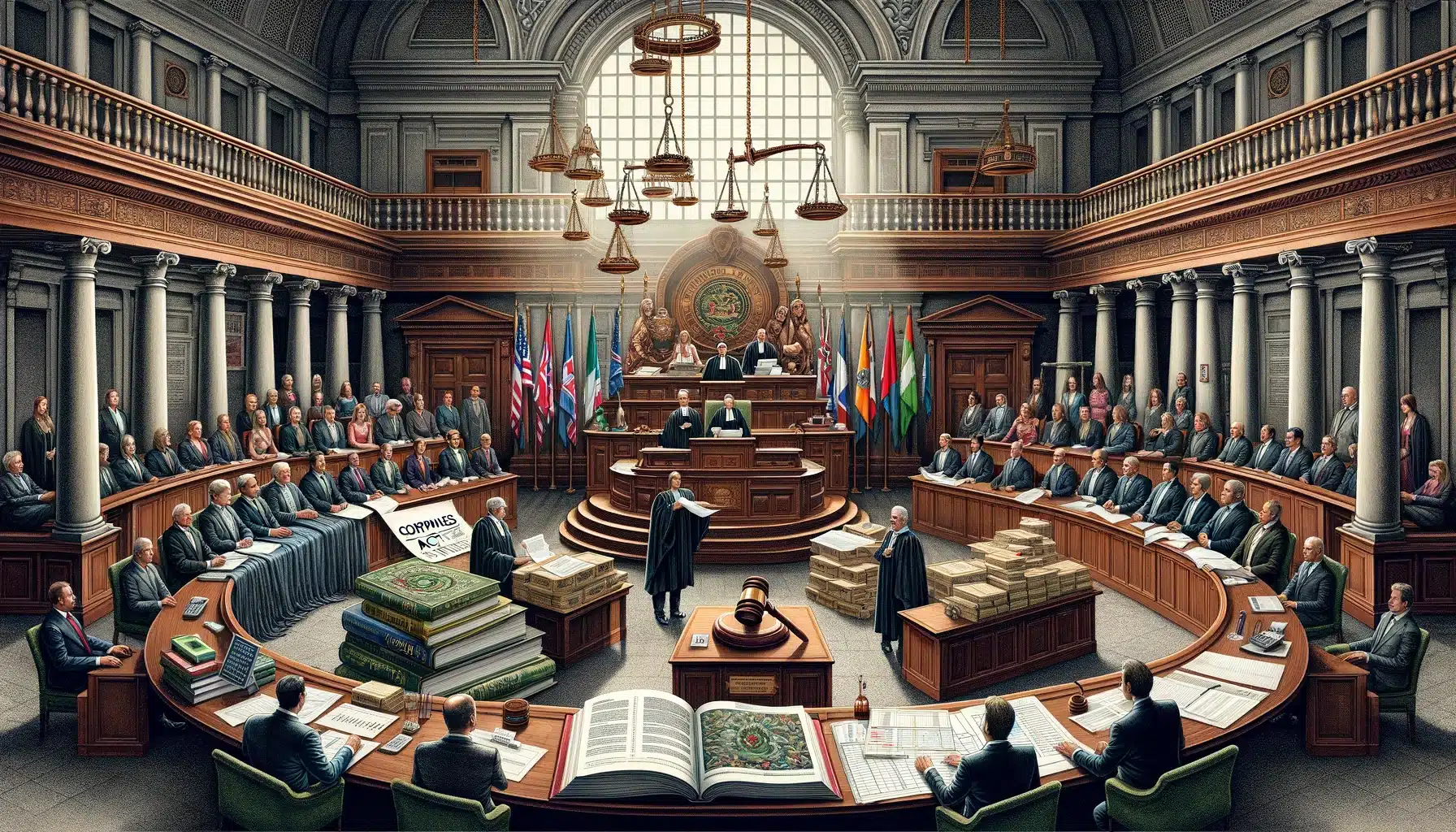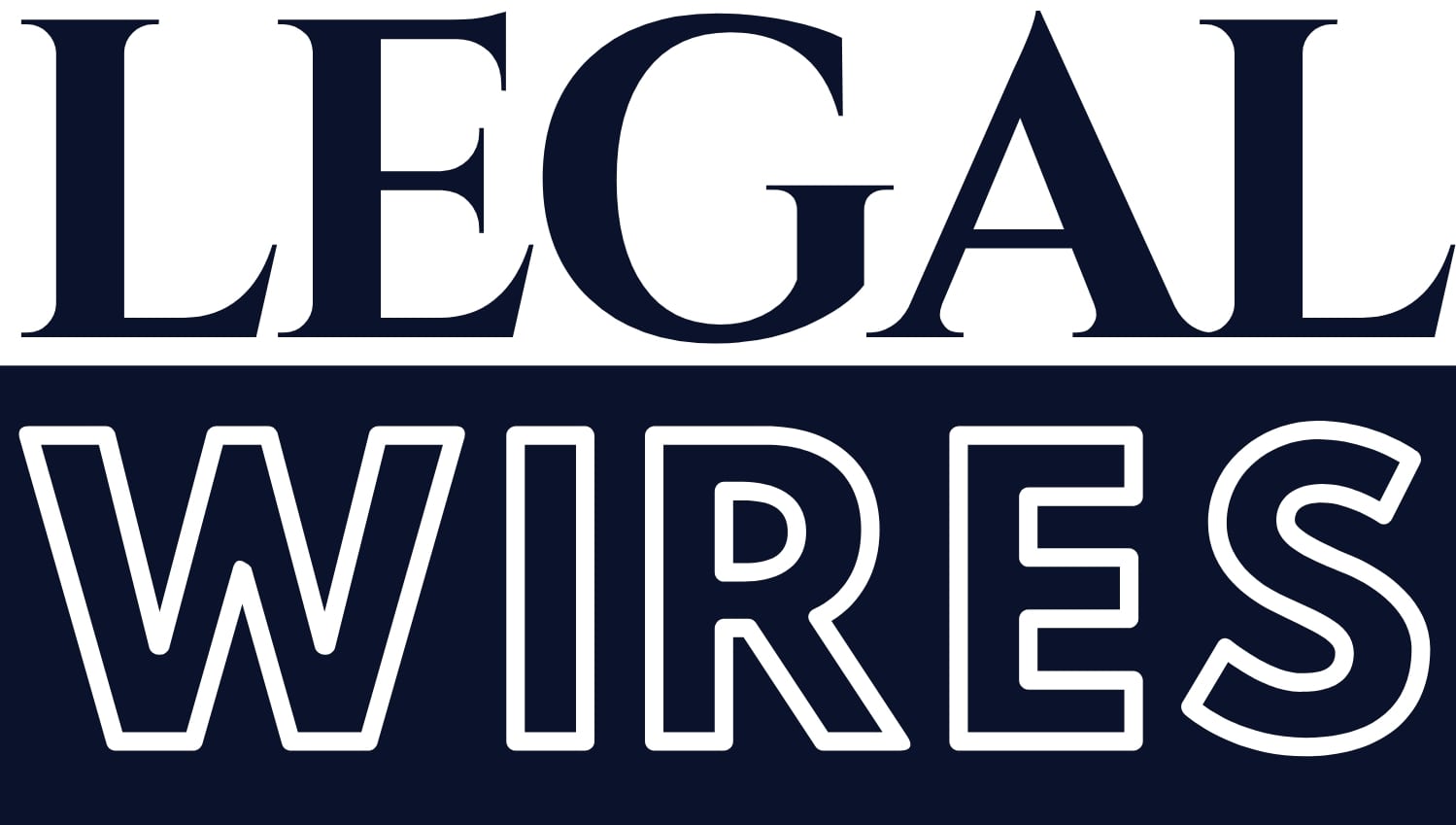Oct 8, 2024 04:28 UTC
| Updated:
Oct 8, 2024 at 04:28 UTC
Kerala HC Affirms Right to Religious Choice in Case Involving Former Finance Minister
In a significant judgment, the Kerala High Court has refused to dismiss criminal proceedings against a man charged under Section 153 of the IPC (provocation with intent to cause riot) and Section 119(a) of the Kerala Police Act(punishment for atrocities against women). The charges stem from allegations that the man made derogatory statements against a Muslim woman, accusing her of violating Shariat law by shaking hands with the then Finance Minister, Dr. Thomas Issac. The Kerala High Court highlighted the importance of the Constitution in ensuring every citizen’s right to religious freedom and rejected the petitioner’s attempt to impose his interpretation of religious norms on others.
The Court emphasized that religious beliefs are deeply personal and that no individual has the right to dictate another’s religious practices. This case underlines the balance between personal liberties and societal obligations in a diverse nation like India. The High Court’s decision has set the stage for a detailed trial where the allegations against the petitioner will be examined further.
Charges Against the Petitioner:
- The petitioner was accused of making allegations against a Muslim law graduate on social media, including a Facebook post and a WhatsApp video.
- The de facto complainant alleged that the petitioner accused her of committing adultery and violating Shariat law by shaking hands with Dr. Thomas Issac during a college event.
- Based on these allegations, the petitioner was charged with Section 153 of the IPC (intentional provocation to cause a riot) and Section 119(a) of the Kerala Police Act (punishment for atrocities against women).
Court’s Observations on Religious Freedom:
- Justice P.V. Kunhikrishnan emphasized that the Constitution guarantees every citizen the right to practice their religion freely, stating, “The Constitution guarantees every citizen the right to follow religious practices in their own way and it is their personal choice.”
- The Court stressed that there are no compulsions in any religion, including Islam, and individuals cannot impose their interpretations on others.
- It was noted that “None can impose a religious belief of his own on another. Therefore, if the allegation against the petitioner is correct, the same cannot be accepted in India, where the Indian Constitution is supreme.”
Details of the Incident:
- The de facto complainant, a law graduate, stated that during her second year of college, she interacted with Dr. Thomas Issac during a visit to her college.
- She asked a question during the interactive session, after which she was invited to the stage to receive a gift and shook hands with the Finance Minister. The event was broadcasted live on various media channels.
- The petitioner allegedly posted defamatory comments on social media, accusing her of violating Shariat law due to this handshake.
Court’s Interpretation of Social Norms:
- The Kerala High Court noted that a handshake is a traditional gesture and, in modern times, is considered a sign of confidence and professionalism.
- The Court acknowledged that while Islamic teachings might consider physical contact between an unrelated woman and man as forbidden (Haram), the Quran emphasizes personal choice. It referred to verses such as “Surah Al-Kafirun (109:6): ‘For you is your religion, and for me is my religion’ and ‘Surah Al-Baqarah (2:256): ‘There is no compulsion in religion’.
Verdict and Directions:
- The Kerala High Court ruled that the allegations against the petitioner required a full trial to determine whether offences under Section 153 and Section 119(a) were committed.
- The Court concluded that the present circumstances did not warrant invoking its extraordinary jurisdiction to quash the proceedings against the petitioner.
- It emphasized that “the petitioner can be honorably acquitted if he is proven to be innocent by the jurisdictional court after facing the trial.”
Dismissal of the Petition:
- The Court dismissed the petition, stating that the case had no merit for early quashing of proceedings.
- It directed the Trial Court to expedite the case to ensure a timely resolution.
- The judgment reaffirms the principle that Constitutional rights protect individual freedoms, including religious beliefs, and that society has a responsibility to uphold these values.
click to read: Abdul Noushad @ Noushad Ahsani v State of Kerala


